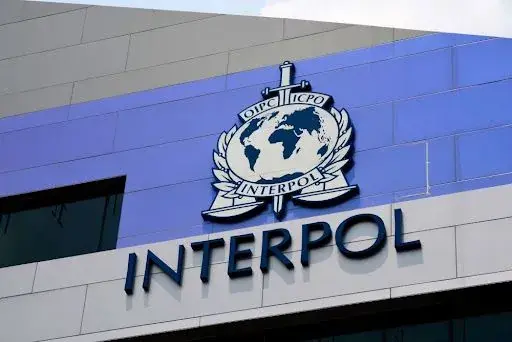Ещё 10-20 лет назад для протезирования аортального клапана человеку нужно было переносить большую операцию на открытом сердце. Врач делал большой разрез на грудной клетке, подключал аппарат искусственного кровообращения. После установки искусственного клапана нужно было проходить длительную реабилитацию, а на груди оставался крупный шрам.
Но теперь в развитых странах большая часть операций при изолированном стенозе аортального клапана проводится малоинвазивным методом. Этот вариант лечения называется TAVI. Вы можете поехать в один из зарубежных кардиохирургических центров, чтобы выполнить это вмешательство. Цену операции TAVI в разных клиниках можно узнать на сайте Booking Health.
Что такое TAVI
Транскатетерная имплантация аортального клапана (TAVI) – это эндоваскулярная операция по внедрению искусственного клапана в начальный отдел аорты.
Суть процедуры состоит в том, что протез вводят через кровеносные сосуды пациента, а не через разрез на груди. Врач делает разрез на ноге и проводит катетер через бедренную артерию к сердцу. В область суженного клапана он доставляет баллон и раздувает его жидкостью, чтобы расширить отверстие клапана. Затем в него устанавливается искусственный клапан. При этом удаление нативного (собственного) клапана не требуется – протез ставят поверх него.
Искусственный аортальный клапан расправляется внутри сосуда и прижимается к его стенкам. Теперь он надежно зафиксирован и будет служить вам долгие годы.
Когда проводят TAVI
TAVI проводят при стенозе аортального клапана. Это приобретенный порок сердца, при котором отверстие клапана становится слишком узким. Сердцу становится трудно протолкнуть через него кровь, поэтому увеличивается нагрузка на левый желудочек. В итоге постепенно развивается его гипертрофия, дилатация (расширение) и сердечная недостаточность.
При некоторых других сердечных пороках делать операцию сразу не обязательно: они не прогрессируют или развиваются очень медленно. Но при аортальном стенозе коррекция нужна обязательно. Эта болезнь неизбежно прогрессирует. Изменения в сердце могут стать необратимыми. При естественном течении порока двухлетняя выживаемость пациентов после появления симптомов составляет 50% , а пятилетняя – всего 15%.
Почему TAVI лучше открытой операции
Операция TAVI однозначно лучше открытой операции, поэтому именно она стала основной в развитых странах. Например, в Германии две трети всех вмешательств по протезированию клапана при изолированном аортальном стенозе выполняют именно этим способом.
Вначале врачи делали TAVI только при высоком хирургическом риске, когда была противопоказана операция на открытом сердце. Это связано с тем, что ещё не было данных о долгосрочной эффективности процедуры. Но сейчас мы знаем, что TAVI дает такие же результаты, как и открытая операция. При этом она обеспечивает низкий риск осложнений, минимальные показатели летальности пациентов и не требует длительной реабилитации.
Несколько причин, почему стоит сделать TAVI:
- Летальность пациентов до 70 лет – не более 3%, а в лучших клиниках Европы – всего 1% (при открытой операции она достигает 10%).
- Летальность пациентов старше 75 лет, имеющих сопутствующие заболевания, составляет от 4 до 8% (открытые операции им не делают вообще из-за высокого хирургического риска).
- Нет большой травмы.
- Не нужен аппарат искусственного кровообращения.
- Низкий риск осложнений.
- Минимальная кровопотеря.
- Не нужно долго находиться в больнице.
- Минимальный срок реабилитации.
- Нет большого шрама на груди.
Чтобы сделать транскатетерную имплантацию аортального клапана за границей, воспользуйтесь услугами компании Booking Health. Мы поможем подобрать подходящую клинику за рубежом и организуем вашу поездку. На нашем портале можно сравнить цены и выгодно забронировать лечение. Стоимость медицинских услуг для вас будет ниже за счет отсутствия коэффициентов для иностранных пациентов.


 4328
4328












